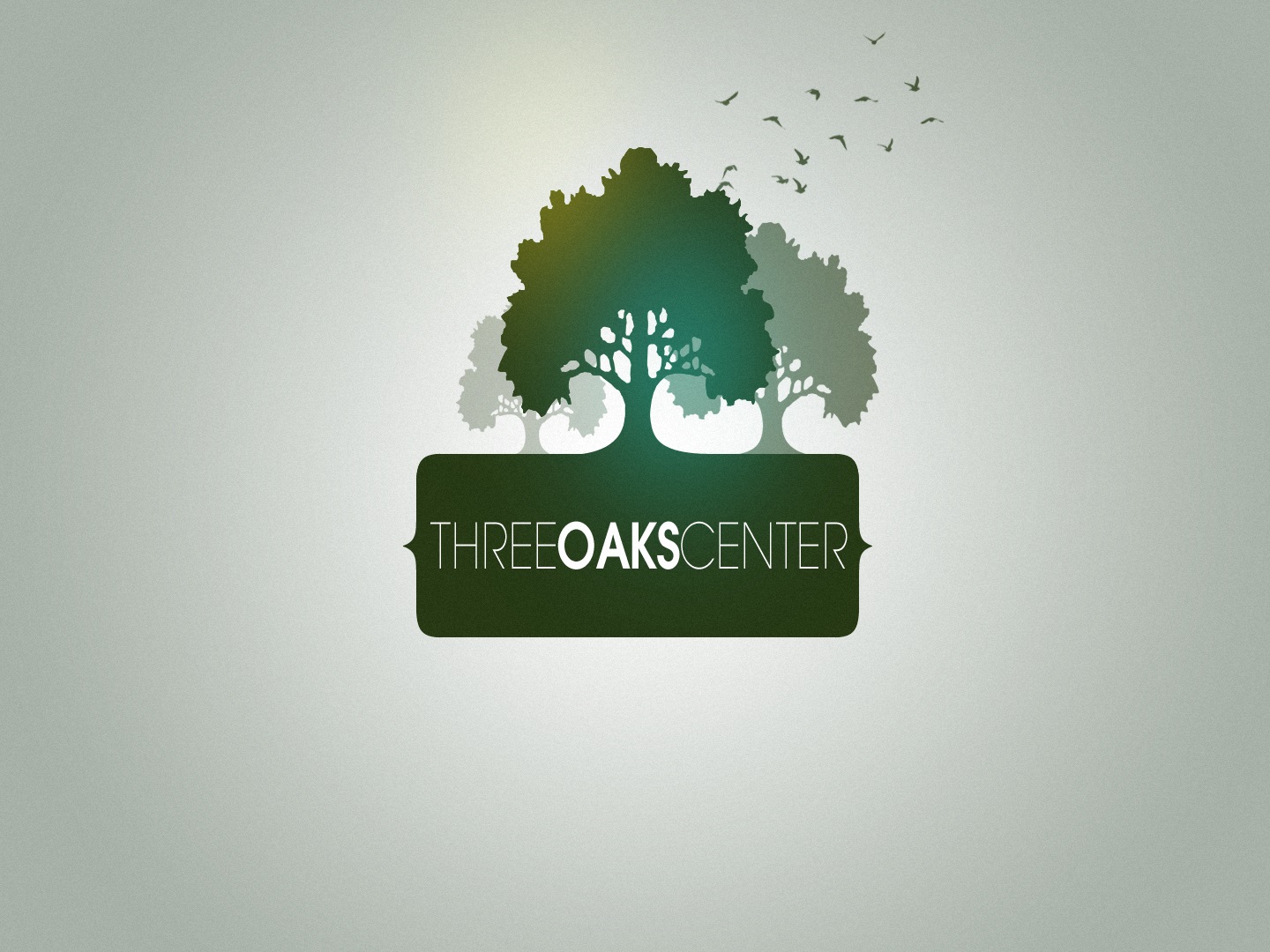Homeless Prevention
In preventing homelessness, Three Oaks serves any and all persons, individuals and families at risk of becoming homeless. With and without any housing subsidy, low-income renters are continually confronted with the difficulty of choosing between the necessities of food, utilities, medicine, or rent. Three Oaks Center believes that homelessness can be prevented by helping people to “ remain housed.” That is why the Center has operated a homelessness prevention program since 2001, supplying groceries from a food pantry, as well as rental assistance and utility assistance.
Providing supplemental food not only increases nutritional levels, but allows people to save their financial resources for other requirements. Likewise, assisting with one utility bill or one month’s rent is cost effective compared to the price of an eviction. In St. Mary’s County, there are few affordable housing units, and the fair market rents are high, which makes re-housing both difficult and expensive. Additionally, losing one’s home has a devastating emotional impact on every family member and may cause added problems such as unemployment, lost school time, malnutrition, or illness.
The Center’s Prevention Program helps families and seniors with the necessary assistance to retain their housing through a short-term crisis, and it does this at a significantly reduced cost when compared to re-housing or supporting a family in a shelter.
Homeless Outreach
Three Oaks Center’s Homeless Outreach program serves individuals within St. Mary’s County. An individual is considered homeless under the following conditions:
an individual who lacks a fixed, regular, and adequate nighttime residence; or
an individual who has a primary nighttime residence that is—
a supervised publicly or privately operated shelter designed to provide temporary living accommodations (including welfare hotels, congregate shelters, and transitional housing for the mentally ill);
an institution that provides a temporary residence for individuals intended to be institutionalized; or
a public or private place not designed for, or ordinarily used as, a regular sleeping accommodation for human beings.
PATH (Project Assistance in Transition from Homelessness)
Assists homeless individuals with serious mental illness gain access to community based services. The Three Oaks Center advocate puts experience and expertise to work in meeting the needs of homeless people who have mental illnesses by engaging the services of community mental health centers and other mental health providers, community-based social services agencies, health care providers, and substance abuse service providers.
SOAR (SSI/SSDI Outreach, Access, Recovery)
A nationally project funded by the Substance Abuse and Mental Health Services Administration that is designed to increase access to SSI/SSDI for eligible adults who are homeless or at risk of homelessness and have a mental illness and/or a co-occurring substance use disorder. Using a 3-pronged approach of Strategic Planning, Training, and Technical Assistance (TA), the SOAR TA Center coordinates this effort at the state and community level.
SSVF (Supportive Services for Veteran Families)
Provides eligible Veteran families with outreach, case management, and assistance in obtaining VA and other benefits, which may include:
• Health care services
• Daily living services
• Personal financial planning services
• Transportation services
• Fiduciary and payee services
• Legal Services
• Child Care Services
• Housing counseling services
In addition, the program may also provide time-limited payments to third parties (e.g., landlords, utility companies, moving companies, and licensed child care providers) if these payments help Veteran families stay in or acquire permanent housing on a sustainable basis.
HSP(Homeless Solutions Program)
Assists individuals and families in quickly regaining stability in permanent housing after experiencing a housing crisis or homelessness. The Center uses its HSP funding for Homelessness Prevention and Rapid Re-Housing: both components fund housing relocation and stabilization services ( security deposits, utility deposits or payments, rental arrears and housing search and placement activities). Funds may also be used for short- or medium-term rental assistance for those who are at-risk of becoming homeless or transitioning to stable housing.

